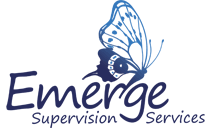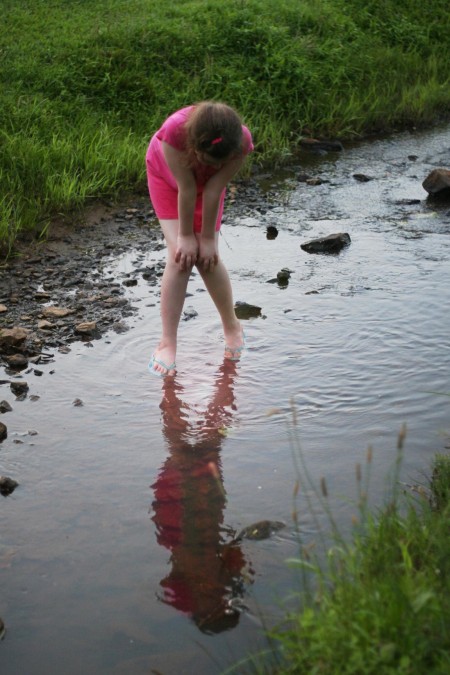Navel gazing, self-indulgent, emotional namby-pamby stuff, self-reflection – why bother? Shouldn’t we just get on with the real work? Learning to be self-reflective does not feature in the curriculum of all professions. Some embrace the concept more than others, although there is a growing awareness of the value of self-reflection represented in literature, research and practitioner guidelines of many people-focused professions.
I have recently been re-reading an article by Michael Carroll (a British psychologist and author of many supervision books) published in Psychotherapy in Australia (see pdf attached). In this comprehensive article “From mindlessness to mindful practice: on learning reflection in supervision” Caroll explores reflective learning, the elements that support and block being reflective and how to use reflection in supervision. One of the purposes of supervision is supporting supervisees in “becoming mindful practitioners who reflect on their work and learn from that work through reflection.” If our aims are to become better practitioners, and to maintain our own wellbeing in the process we need to flex our reflective muscles often, and “the medium of learning in supervision is mainly reflective”. Caroll explains that “reflection is much more than a cognitive or abstract process – it involves emotions, intuitions, sensations and bodily experiences that resonate with the heart as well as the head.”
Caroll uses the definition of reflection as the ability to step back and pose hard questions about: why are things done this way? How could I do it differently? and he details some of the internal requirements that enable us to reflect such as: • Openness and open-mindedness
• Being mindful (in the moment)
• Invention and imagination (what if?)
• The ability to distance self from situation (often literally as well as figuratively)
• Suspending evaluation and being curious
• Listening to self and others (talking it out)
• Respecting intuition and feelings as guides to understanding
• Thinking as a “beginner”
• Looking for other meanings (how might this look from someone else’s perspective?)
• Widening one’s perspective
• Being vulnerable
• Being prepared to “sit” in the uncomfortable
• Being emotionally aware – of self and others
• The ability to think about events in wider context (i.e. the helicopter effect – the higher you go up, the more you see)
Through supervision an effective supervisor helps support any and all of these aspects, growing the supervisee’s reflective muscles. And that is “real” work too.
Another tool for self-reflection can include reflective questions – see the free pdf tool available to those signing up to Emerging Insights blog. Through self-reflection we broaden our world, our perspective, our opinions, our actions, our knowledge and our wellbeing. I’d love to hear your feedback or questions.
Now, enough of my navel gazing – I’m off to plan dinner.



